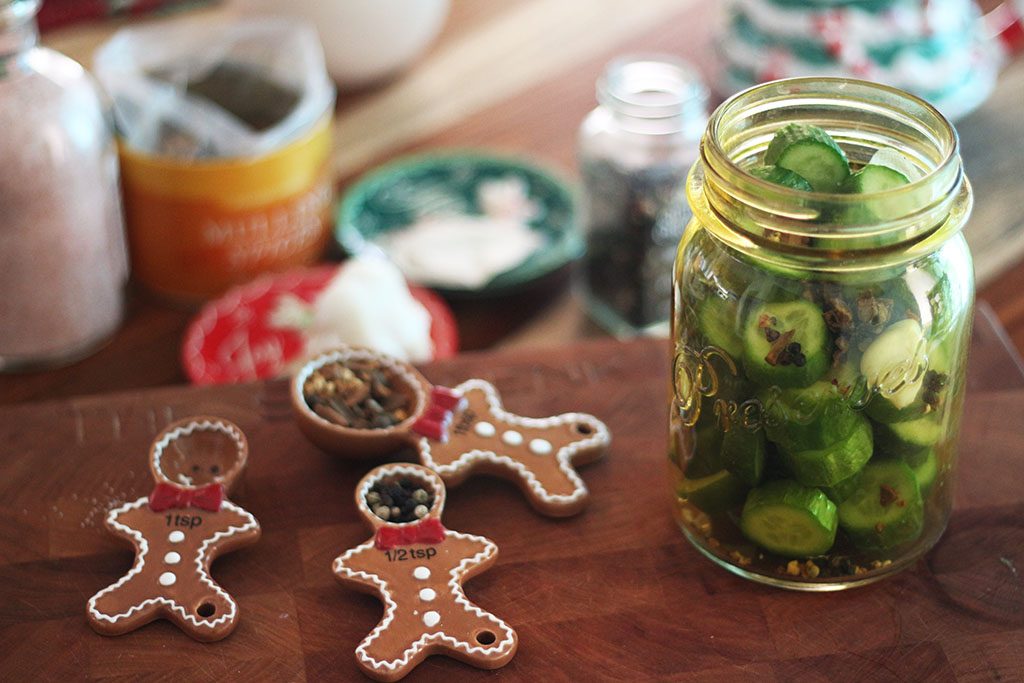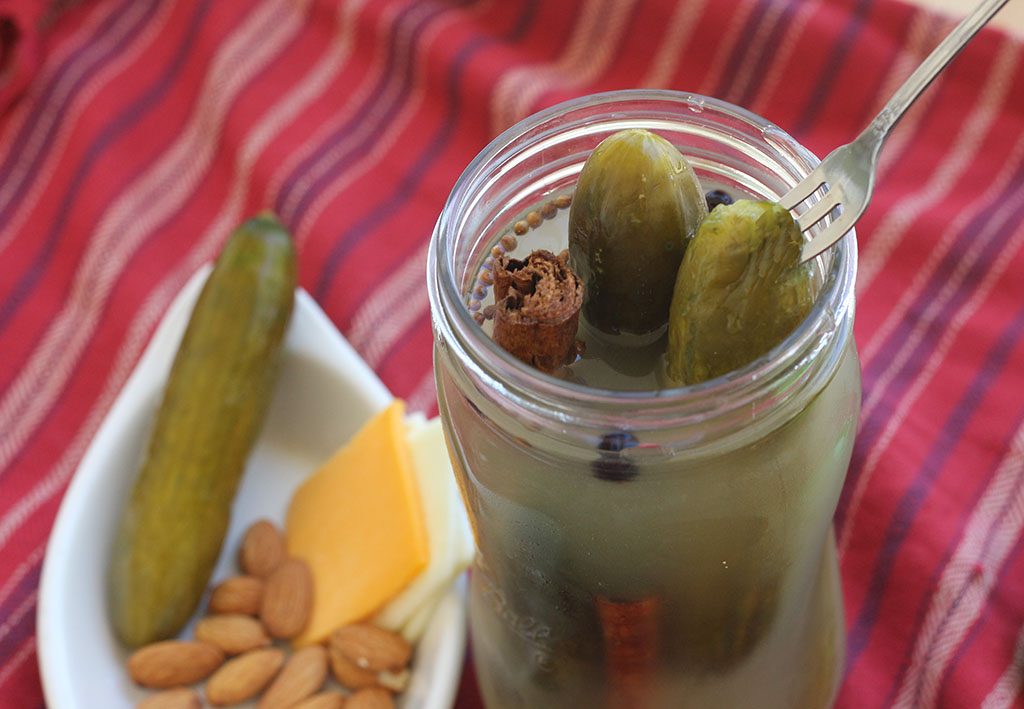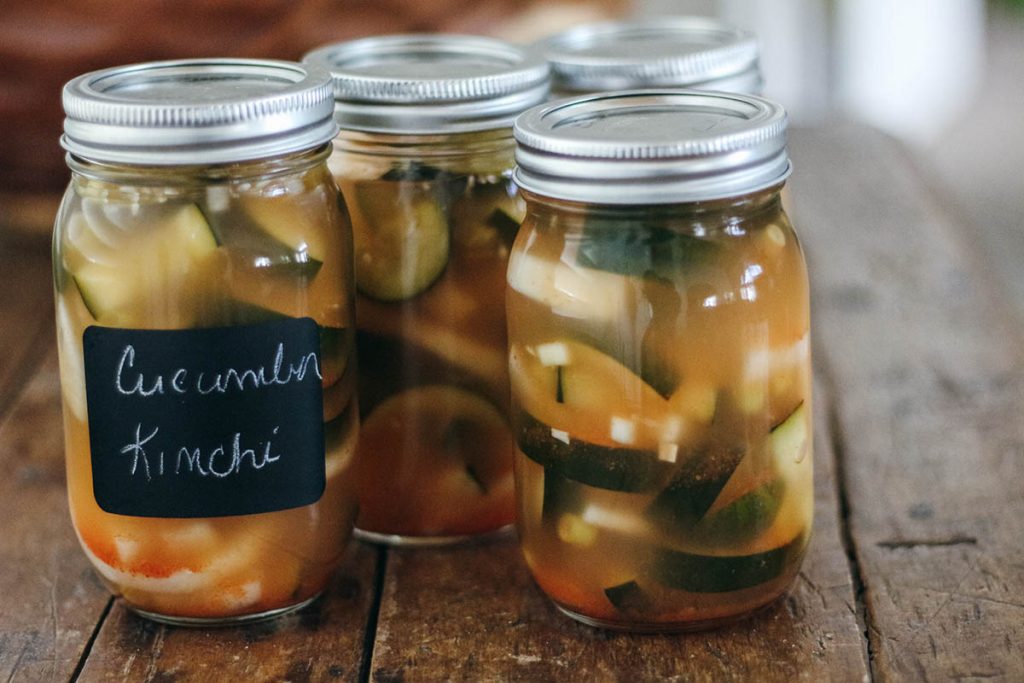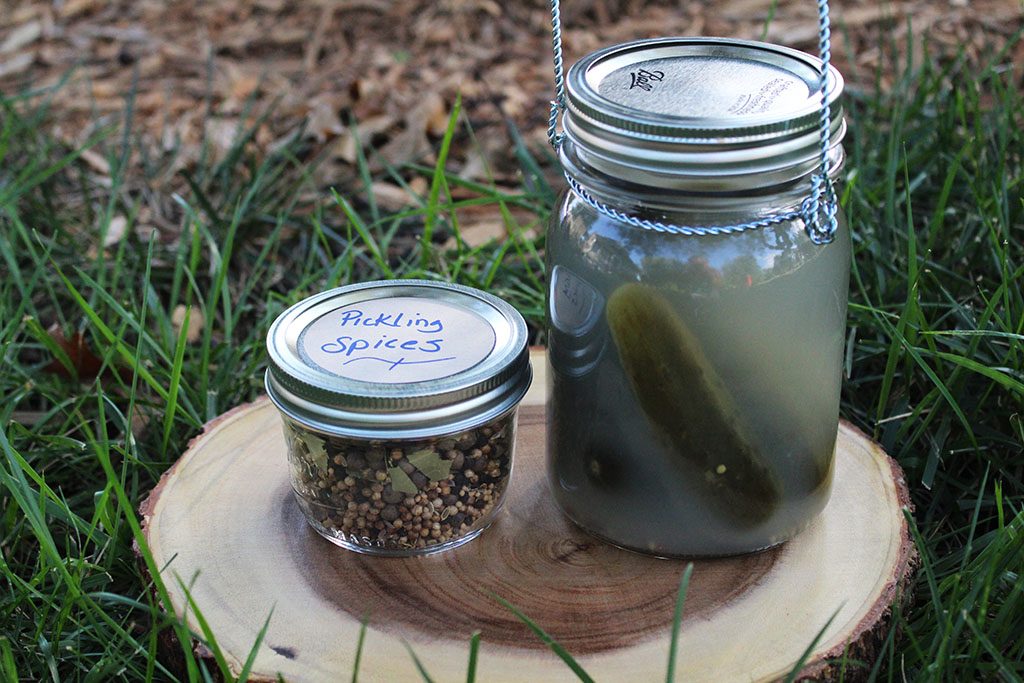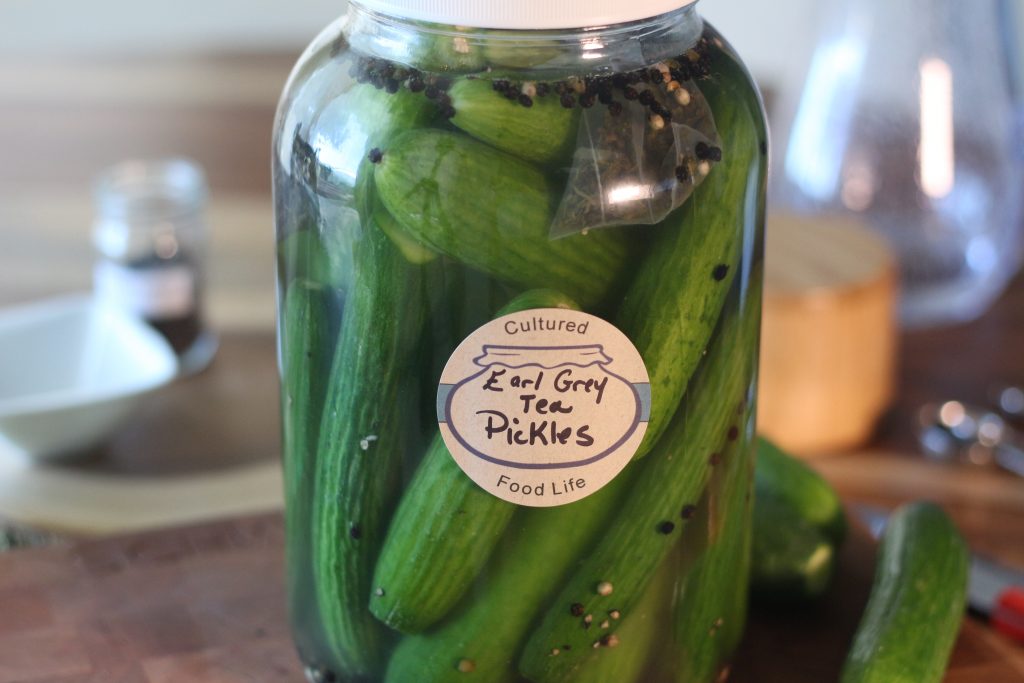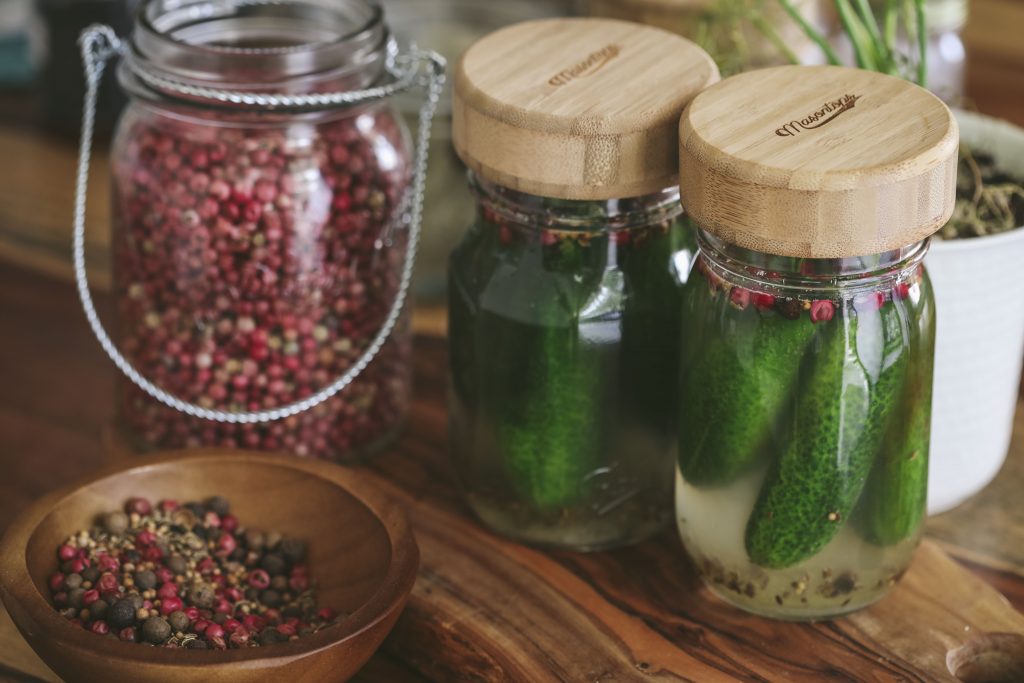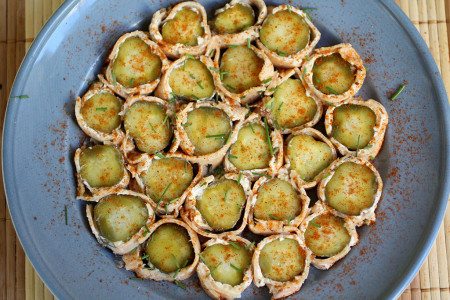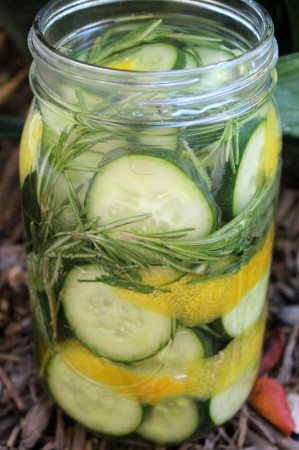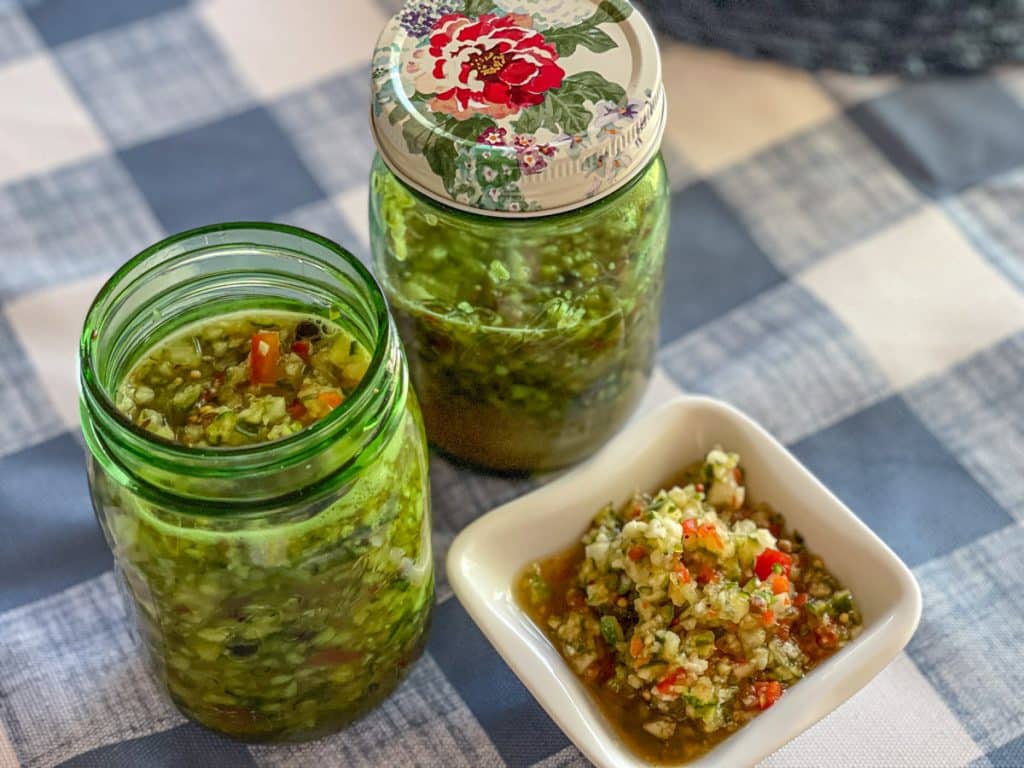
Need Crunchy Pickles?
Pickle Properties

Pickles Help Fight Viruses
Your immune system fights pathogens with bacteria and your helper T cells. They destroy foreign invaders, especially when they have large numbers of good microbes. You'll also get lots of vitamin C that will boost your immune system. These extra microbes do it so effectively that your immune system will become stronger, making sickness a thing of the past.
Pickles Help With Digestion
Having lots of beneficial microbes, as a result of eating pickles, can give you not only extra microbes but digestive enzymes that help you absorb more of the nutrients in the foods you eat. You won’t need as many supplements and vitamins, and you’ll be absorbing more of the live nutrients in your foods.
Controlling Candida
All fermented foods can play a really important role in rebalancing the gut flora and recovering from gut imbalances such as Candida. They bring things into balance quickly. Candida yeast cells don't have the room to grow and flourish as these helper microbes crowd them out, keeping them in their proper place. I should add a note of warning here. Eating large amounts of fermented foods is more powerful than taking large amounts of probiotic supplements. Consuming a lot of fermented foods can lead to a Herxheimer reaction. As the harmful pathogens die off, they can release toxins that can mimic a yeast infection.
Natural Antioxidants
Natural antioxidants found in cucumbers help in the fight against free radicals. Free radicals are unstable chemicals that are formed naturally in the body that can lead to cell damage. While cooking food may break down some of the heat-sensitive nutrients, culturing vegetables preserves their antioxidant power and supplies them with more vitamins and minerals through the magic of fermentation.
How to Make Crunchy Pickles
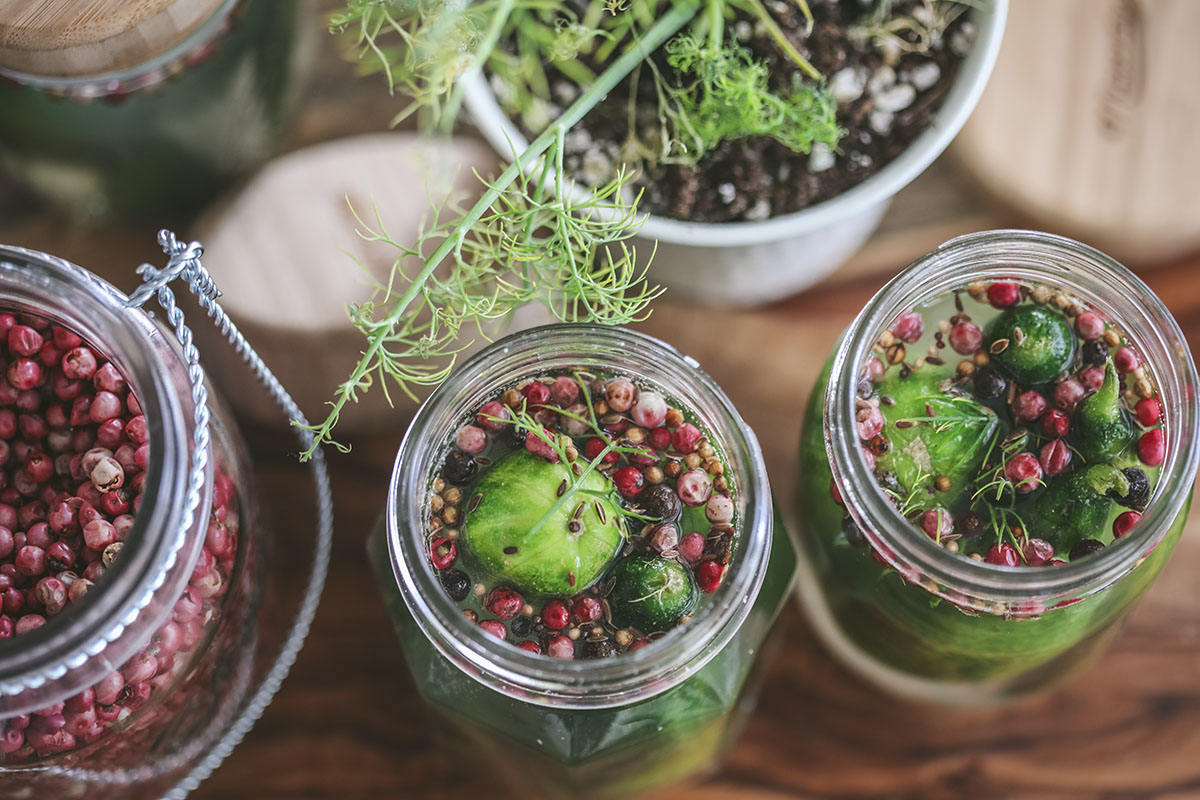 I have been making lacto-fermented pickles for years. There has been a lot of trial and error on how to make them crunchy. A few things have made a big difference but one particular thing seems to make the most significant difference. You can experiment too and see what works best for you. Pickles are worth the effort!
I have been making lacto-fermented pickles for years. There has been a lot of trial and error on how to make them crunchy. A few things have made a big difference but one particular thing seems to make the most significant difference. You can experiment too and see what works best for you. Pickles are worth the effort!
My latest version of pickles is made with the pink peppercorns from the trees in my yard. I love seeing them in the brine fermenting my pickles. Check out this and many more recipes below.
Five things you Can Do For Crunchy Pickles

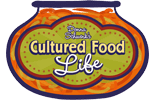
Mineral Rich Salt
Salt hardens the pectins in vegetables and this is what makes them crisp. Without enough salt, your vegetables, and especially pickles, will be soft and mushy. Pickles need more salt than my other cultured vegetables to keep them crisper. It's important to use a mineral-rich salt like Celtic Sea Salt which won't taste as salty as regular refined salt without minerals. I have had the best results with Celtic Sea Salt although you can also use other mineral rich salts like Himalayan or Real Salt. I encourage you to test this out for yourself. Use two tablespoons per quart and you can add another tablespoon if yours aren't crisp enough. These mineral-rich salts are very different from salts that have been stripped of their minerals. I actually found the magnesium in Celtic Sea Salt helps my blood pressure stay in a healthy range while many recommend removing salt from their diet when they have elevated blood pressure. Once again, I learned it wasn't the salt that was causing problems . . . it was the refining of salt that was stripped of over 80 minerals that were naturally occurring. It's been such a journey for me, the discovery that many foods that have been demonized and I was told not to consume, were often foods no longer in their natural state. When I consumed them in their natural state, they became health foods for me and I once again found the benefits that they provided.
Salt slows down the fermentation a bit which can be important in hot climates. Salt also makes your ferment taste better, and remember salt is a flavor enhancer.
Sandor Katz from Wild Fermentation says this about salt and pickles. (Click Here)
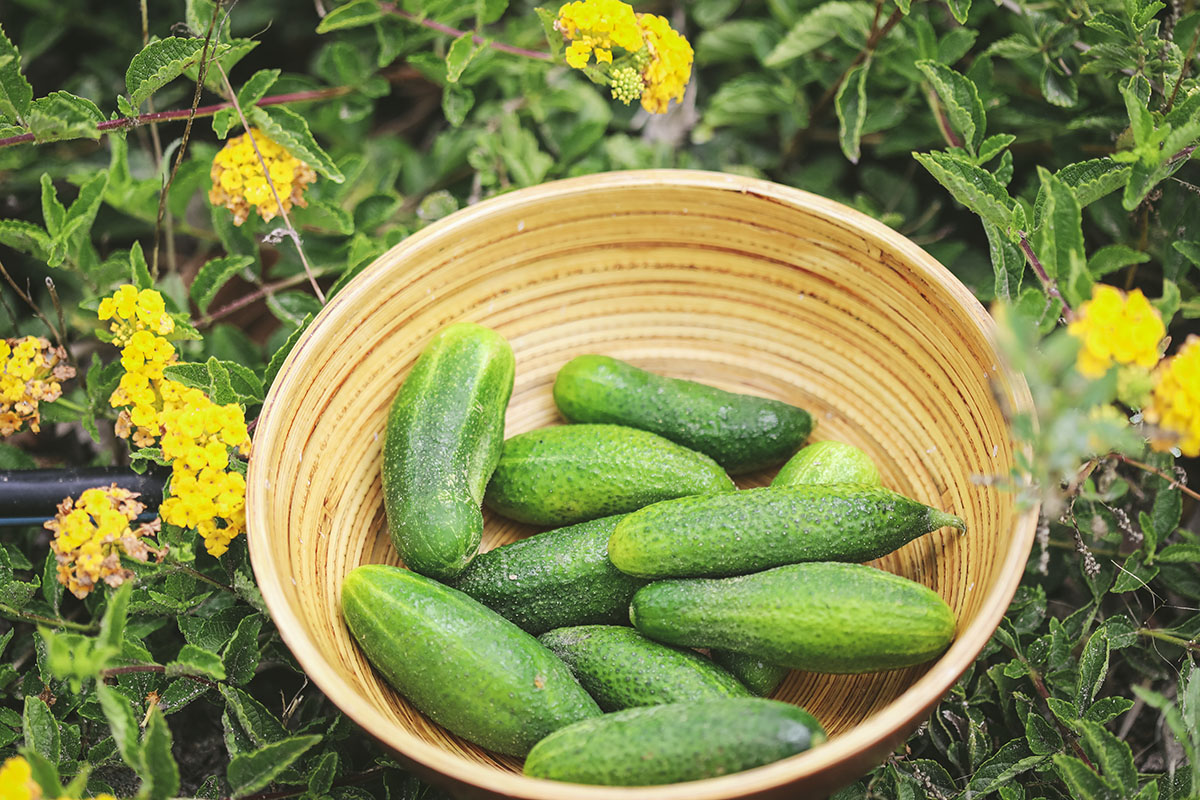

Buy Fresh Pickling Cucumbers
This is very important when making pickles. If your cucumbers are old, they will get soggy. Small whole pickling cucumbers work the best for me when making pickles. Gherkins are small cucumbers used for pickling but can be more of a challenge to find. I love getting them from farmers markets and have always had success with them. You can also use larger cucumbers but they have more water in them. They won't be as crunchy but you can cut them into spears or circles; however, in my experience the little cucumbers made for pickling work best.
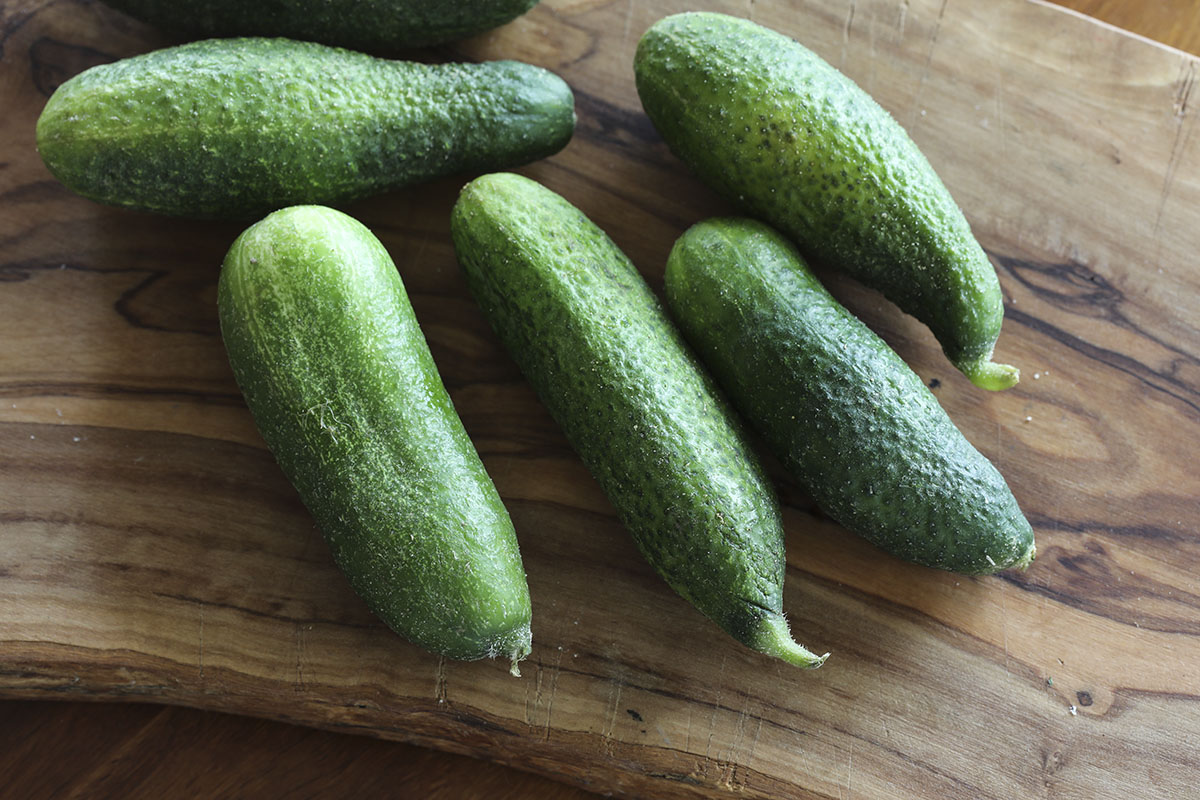

The Enzyme in Pickles
Sometimes there is an enzyme in the blossom end of a cucumber that can lead to softening and makes for a soft and mushy pickle. This is especially true when cucumbers are picked fresh from the garden. The enzymes start being released as soon as the cucumbers are removed from their vines. Although I have never had this happen, many people have told me that they did everything right and had soft pickles. But in almost every case, they had used fresh pickles straight from the garden.
Some people recommend trimming the blossom end off the cucumbers before you pack them into jars, but another way to handle this is to refrigerate them for a couple of hours before making them into pickles. Chilling will slow the enzymatic spread through the cucumber. I think it's a better option than cutting the end off before refrigeration which would allow the cucumber to weep or drain their juices and become softer.
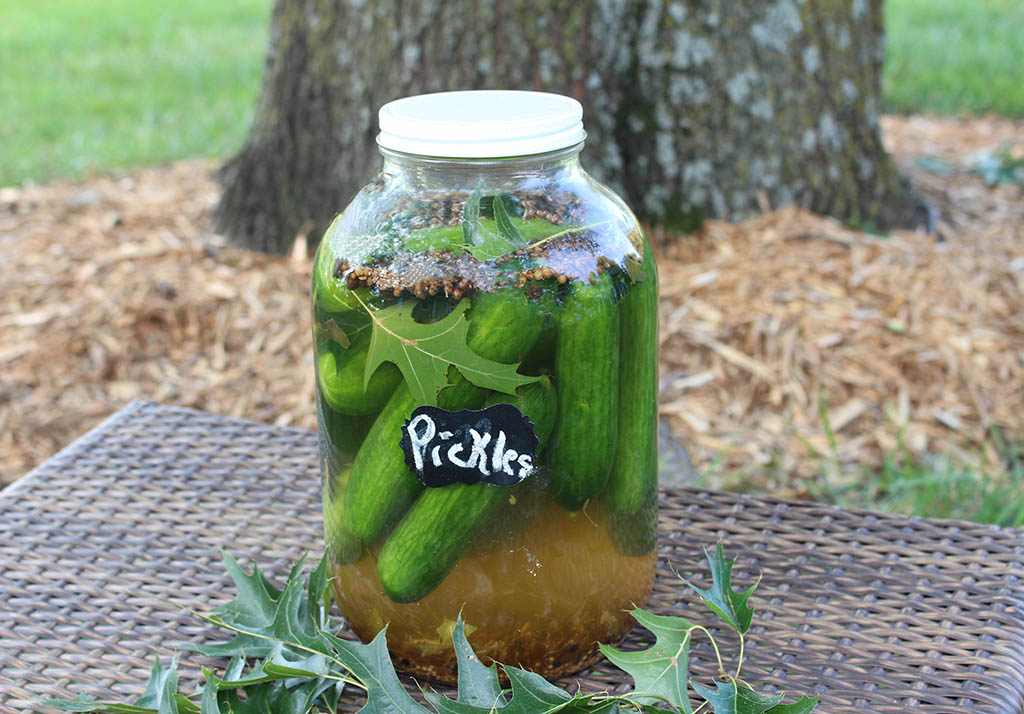

Add Tannins
One of the secrets to getting crunchy pickles is to add leaves, such as grape, oak, raspberry, blackberry, or cherry leaves that have tannins in them. You might be thinking, But how do I know which leaves have tannins? And how do I get ahold of some? I have just picked them from my trees, but if you don't have any of these leaves don’t worry. Tea leaves have tannins and you can use them to make your pickles crunchy and flavorful. I even have a recipe for Earl Grey tea pickles that is yummy and it adds a unique and delightful flavor to these pickles. You can use any black or green tea bags. Just add a leaf or two or add a tea bag. Check out this recipe for more info.
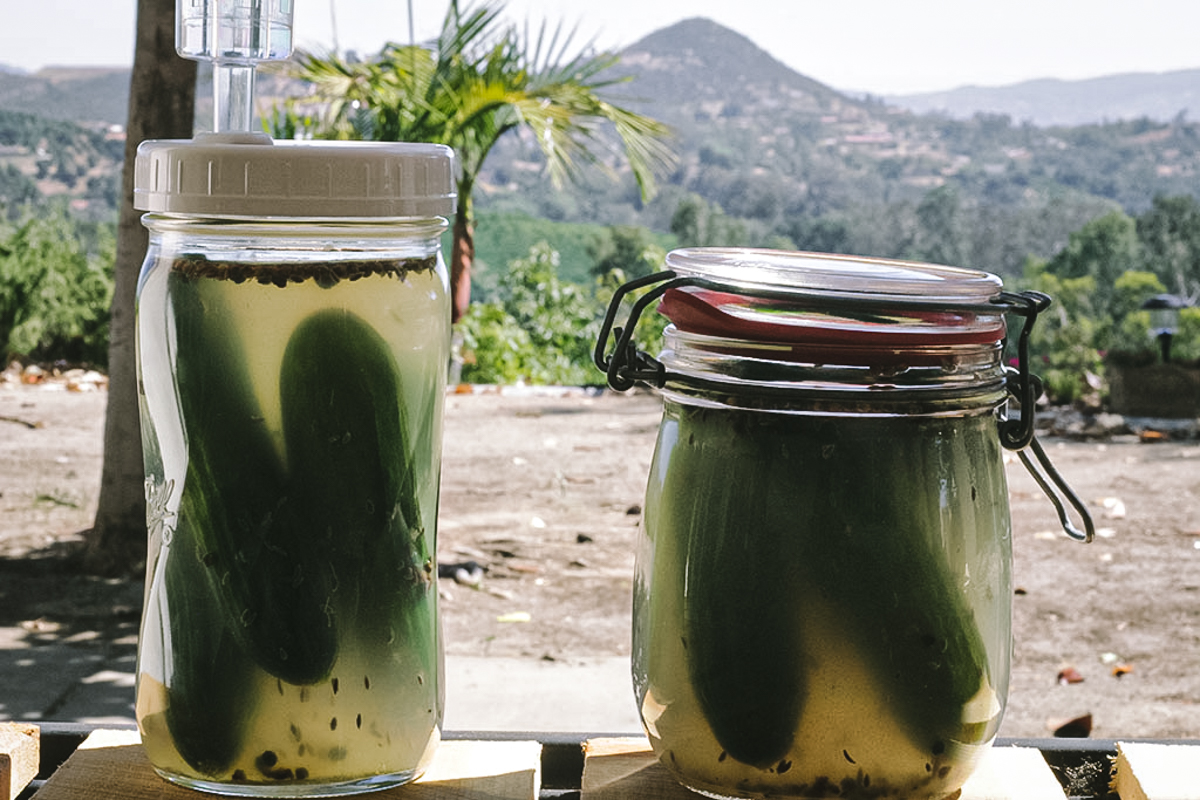

Calcium Chloride
Calcium chloride is a really helpful ingredient that helps pickles stay crunchy and preserve their texture. I really love how it helps my pickles stay crisp and adds a salty taste to pickles and other foods without increasing their sodium content. I noticed it in many popular fermented pickles in stores and decided to research it and try it myself with great results.
Calcium chloride is an inorganic compound – a salt with the chemical formula CaCl2. Calcium chloride has a long history of safe use in food and is widely recognized as a safe food additive by major regulatory bodies worldwide. FDA Approval: The U.S. Food and Drug Administration (FDA) has granted calcium chloride Generally Recognized as Safe (GRAS) status for its intended uses in food.
Use ¼ teaspoon of calcium chloride per quart jar.
Listen To My Podcast
Fermented Pickles are delicious, fun, and easy to make. These probiotic pickles bring many benefits to your body with the help of extra good microbes. Take a listen to learn about a few areas where pickles are especially helpful.
Are you on the list?
Sign up today and I'll send you my free Getting Started Guide!
Each week I'll send you updates, tips, recipes, and more! You might even be a winner of my weekly giveaway! (starter cultures, memberships, and more!)
Come be a part of my cultured food family!

